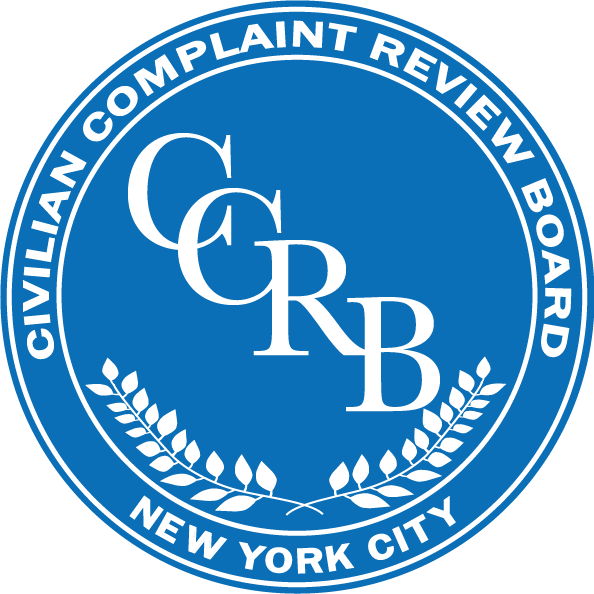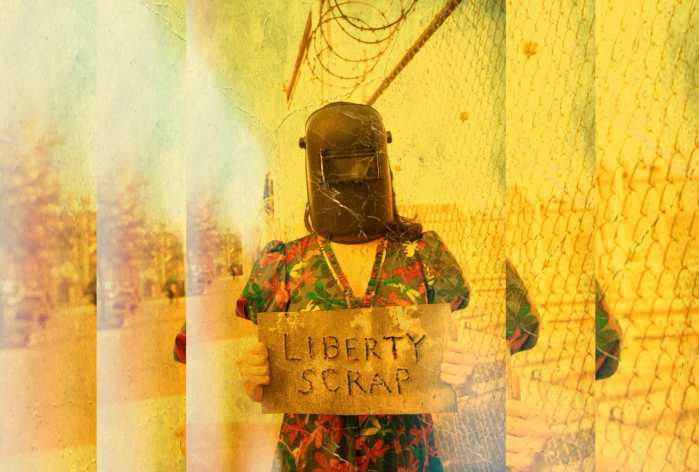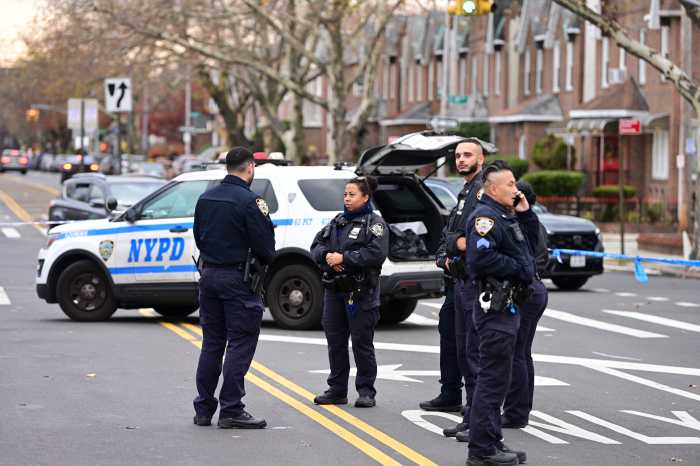Under the threat of suspension, over 75 NYPD officers are finally, virtually, showing up to their complaint review interviews, said the CCRB yesterday.
The New York City Civilian Complaint Review Board (CCRB) Chairperson Frederick Davie called an emergency meeting Thursday morning, August 6, to discuss with both Brooklyn and Queens electeds Democratic Party Chair and Assemblymember Rodneyse Bichotte (Flatbush, East Flatbush, Midwood and Ditmas Park), Assemblymember Catalina Cruz (D-Corona, Elmhurst and Jackson Heights), Councilmember Adrienne E. Adams (D-Jamaica, Richmond Hill, Rochdale Village, South Ozone Park) and others, as well as members of the public about the flagrant refusal of NYPD officers and attorneys to participate in interviews concerning any misconduct.
“Simply put, if we can’t interview officers, then we can’t close full investigations,” said Dane Buchanan, Deputy Chief of Investigations at CCRB, speaking about the benefit of actually closing cases expeditiously.
The CCRB investigative staff spoke of a backlog of their investigations due to the interruption of the COVID-19 crisis initially, and in the interest of being upfront, said they had at least 900 cases from then which didn’t include cases where officers aren’t identified or cases that were still in early stages.
In addition to that backlog, only after the CCRB called for the meeting to go public on Thursday and harsh threats of suspension for failure to do so, said Davie, did officers start going to interviews.
They called out officers who have insisted on not dialing or logging into remote interviews because of security reasons.
On behalf of all five NYPD unions, Spokesperson Hank Sheinkopf responded, “CCRB has proven that they have no problem breaking rules to hurt cops. They have illegally leaked our members’ information in the past. Why shouldn’t we expect them to do the same with these remote video interviews?”
Sheinkopf was referring to instances, like in 2017, where a CCRB employee was forced to resign over leaking police disciplinary records during the Eric Garner case against ex-NYPD Officer Daniel Pantaleo. “Now that the Police Commissioner has ordered them to do so, our members will participate,” said Sheinkopf.
Members of the board said at this point in the crisis virtual calls are the norm and there’s no reason why interviews can’t be conducted in that forum reliably.

Adams, who confided that she lost her father to COVID during its peak in the city, said that she’s had to attend plenty of remote meetings since. “Seems like 24/7 I participated and really didn’t skip a beat. And to know that that excuse is being used not to comply with the law to me is outrageous,” said Adams.
“We’ve had situations over and over where complaints are going through and for some reason a number of them are not substantiated,”said Bichotte, “CCRB should have some more leverage and power in making some decisions that are inclusive in the community and will impose some remediation. The tension from a long history of racial injustices in America has really opened our eyes.”
At least one former CCRB investigator, for seven years in the early 2000s, that is now an attorney posed that they pass an official rule about remote interviews so as not to have to deal with this attendance issue anymore because it’s happened before during 9/11 and Hurricane Sandy when in-person offices were shut down.
Councilmember Chief of Staff Rory I. Lancman (Kew Gardens Hills, Pomonok, Electchester, Fresh Meadows, Hillcrest, Jamaica Estates, Briarwood, Parkway Village, Jamaica Hills, Jamaica) said that more than ever NYPD leadership and police unions are telling officers that they are above the law.
Cruz was livid about the “systemic failure” of the board, saying that bureaucratically it’s had its hands tied for years. “The fact that unions are standing in the way of the CCRB doing it’s job blows my mind,” she said.
The independent agency is made up of non-law enforcement investigators that should be the “authority on complaints against police officers alleging the use of excessive or unnecessary force, abuse of authority, or discourtesy.”
However, several people pointed out in the meeting that historically this hasn’t been the case and demanded more assertiveness from the complaint board to match the current climate in the city.
Even the CCRB’s formation in 1950 by the “Permanent Coordination Committee on Police and Minority Groups” coalition to look at relationships between police brutality and “Puerto Ricans and Negroes specifically” was met with delays, and then implemented 5 years later by police officers and commissioners who still had the last word.
Officers and police unions, in New York City and other states, have methodically and at times recklessly flouted complaint boards and police reforms for decades since, wrote the New Yorker. Most infamously in 1993 when former Mayor David Dinkins, consequently the city’s first and only Black mayor, wanted to create a civilian review board. The year before Police Benevolent Association (PBA) organized a thuggish, mostly white, protest of 10,000 off-duty officers at City Hall that drank publicly, danced on cars, attacked reporters, vandalized cars, and ran into the streets waving racist signs against Dinkins and reportedly calling one councilwoman of color at the time the “n-word.”
“That time is over. Police oversight is required when it’s evident that they’re incapable of policing themselves,” said Cruz.






